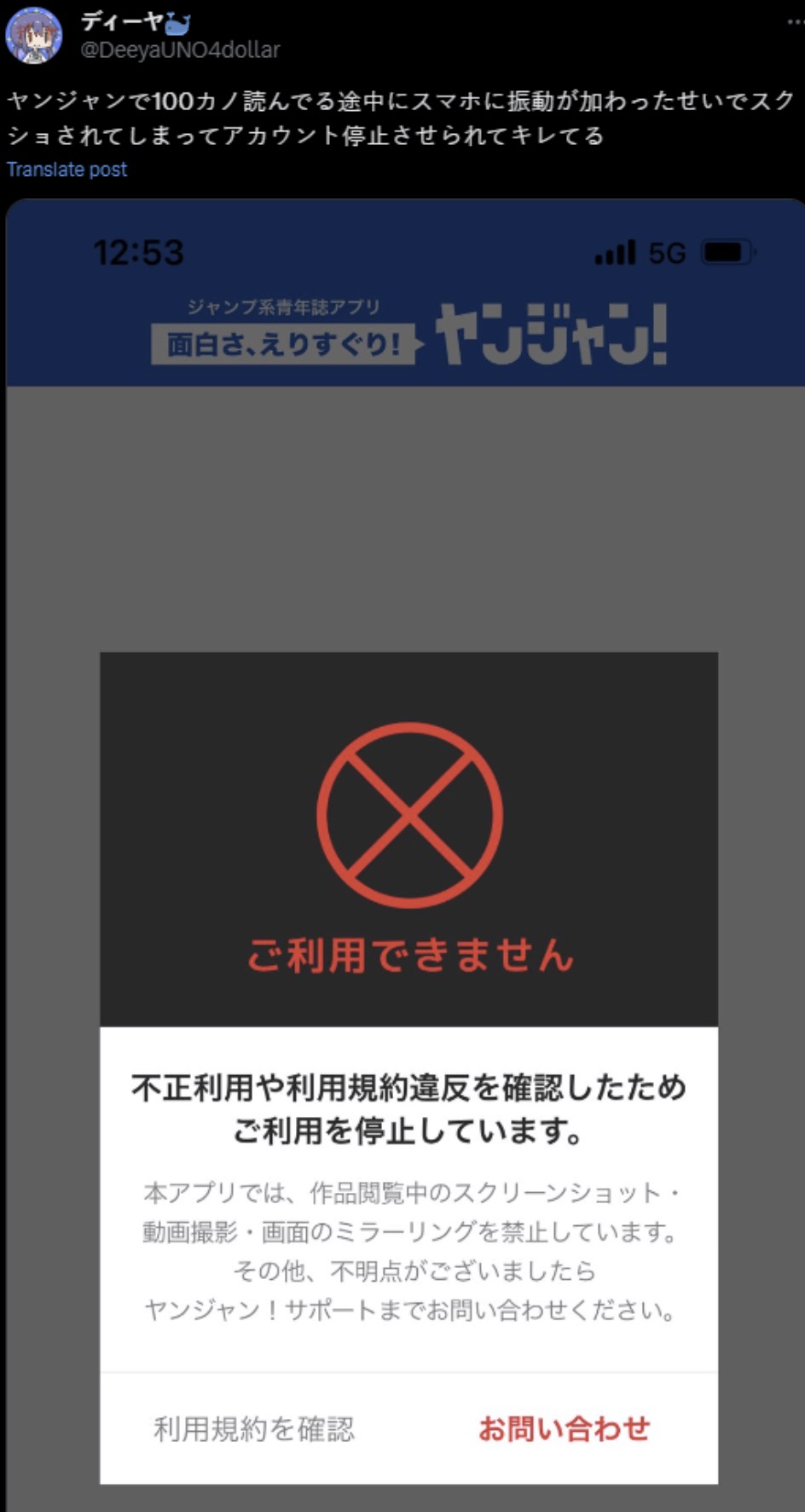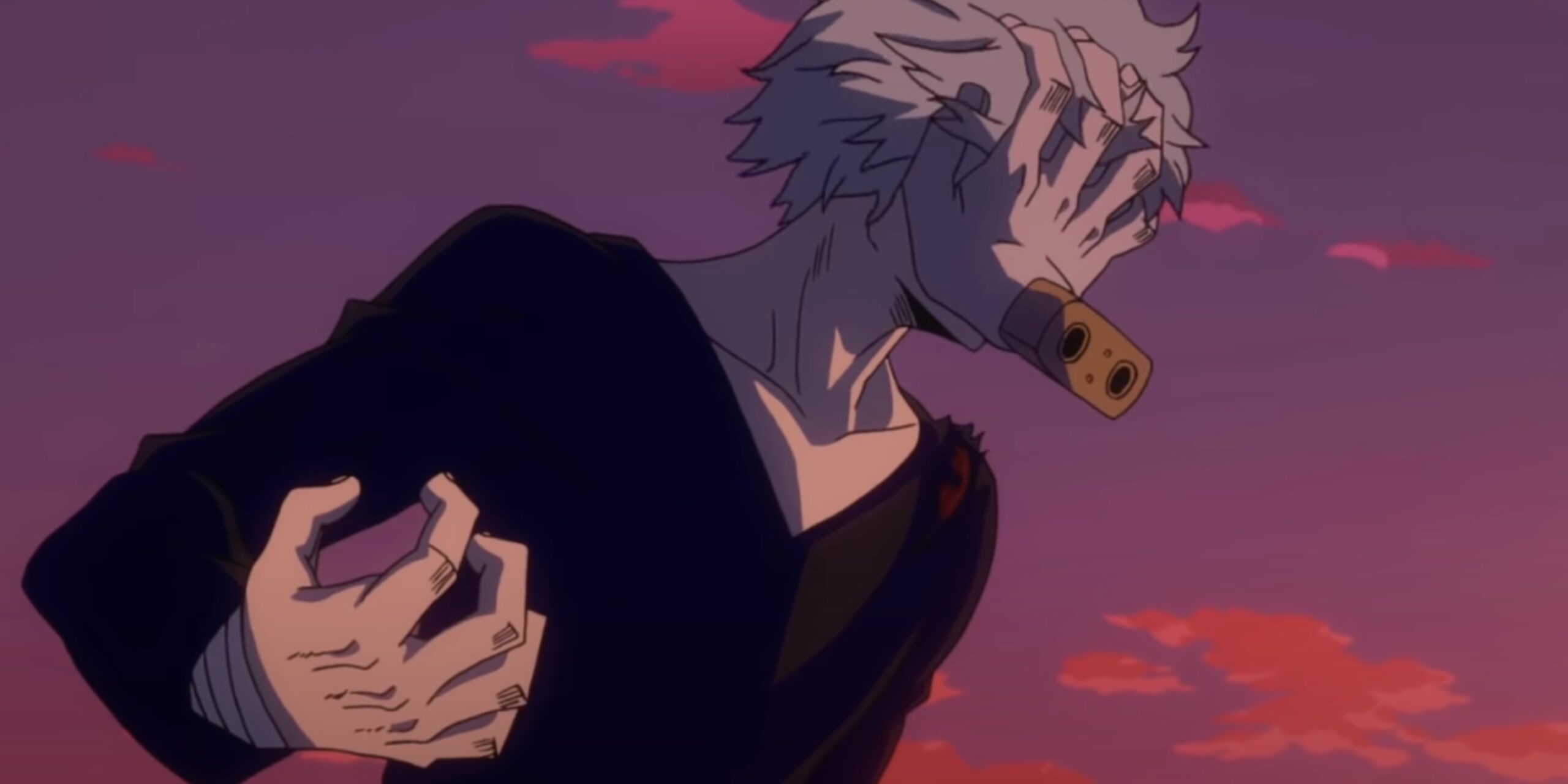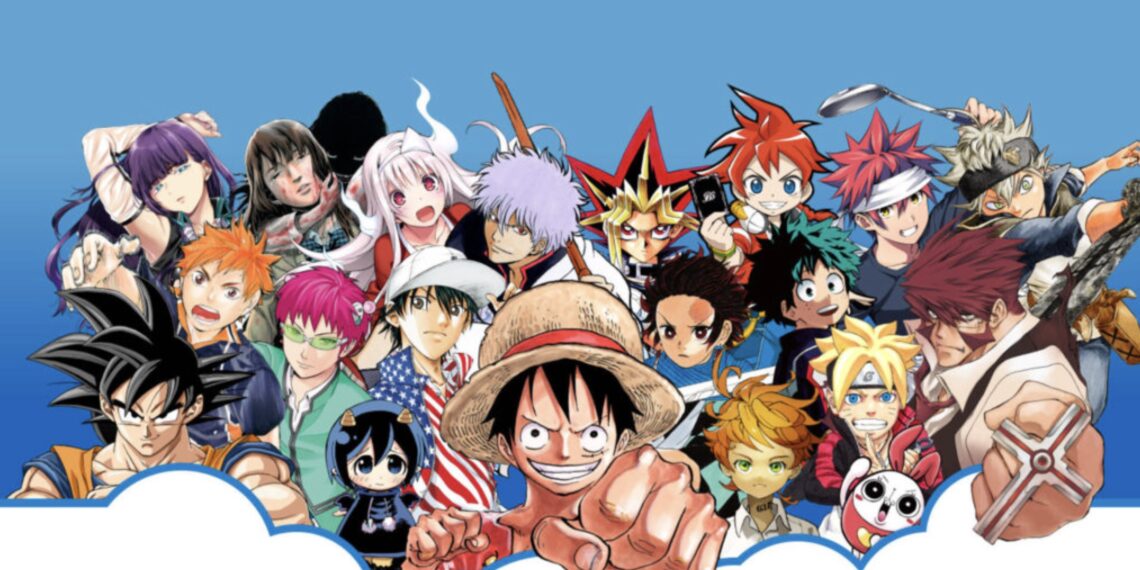Recently, a Japanese manga app subscriber described an alarming account regarding abrupt service suspension. While accessing Shueisha’s YanJan! platform, their phone unexpectedly shook and a notification appeared stating administrators banned the associated account under accusations of terms of service violations.
The later context brought nuance to the jarring experience: it became evident that even accidental screenshots flagged accounts for supposed infringement and triggered swift, irreversible account revocation.
Just a single spontaneous capture – without distribution or theft intent – was deemed illicit reproduction worthy of cancelation.
The reality of digital content means perfect protection against duplication proves impossible. However, images face particular vulnerabilities given the ease of sharing across devices and networks.
Still, many argue for balanced safeguarding that doesn’t presume guilt or criminalize average behavior that enables enjoyment.
This scenario illuminates the tension between shielding licensed intellectual property and avoiding over-policing normal engagement.
Overzealous, indiscriminate enforcement risks alienating well-meaning fans integral to success. Thus, while some restraints make sense, extreme interventions often prove counterproductive by Handcuffing supporters.
Manga App User Banned for Alleged Fraudulent Screenshots
Manga occupies a uniquely precarious position regarding digital reproduction and copyright law evasion. As illustrated by this user’s account of overblown enforcement, manga distributors wage an endless war against rampant piracy threatening their bottom line.

The centralized nature of manga creation enables entire completed works to be easily duplication across devices and platforms. Whether via screenshots, downloads, or other capturing methods, manga’s compact comic styling allows swift replication en masse.
Exacerbating matters, nearly all modern phones, tablets, and computers natively equip consumers with an array of apps and tools to save, edit, and share images. This grants even casual readers the apparatus necessary for infringement at scale.
Unsurprisingly, leading illegal sites have exploited vulnerabilities in manga distribution by dedicating operations specifically to free access to coveted series. Unofficial distribution channels indubitably siphon away revenue, risking creative collapse.
A Constant Battle for Publishers
Manga publishers find themselves on perpetual defense, scrambling to protect against seamless theft enabled by advancing gadgets.
Occasionally, as evidenced by overreactions like account bans for mere screenshots, they opt for dramatic shows of force.

This stark piracy-fighting example spotlights inevitable content industry tension: mighty publishers battling threats to sustainability now face collateral subscriber damage from heavy-handed enforcement.
Japanese manga powerhouses, including titans like Shueisha and Kadokawa, confront daunting modern realities: technologically empowered infringers constantly evolving, unrelentingly nibbling at market share and eroding profits. So sympathy exists regarding the complex, endless game of digital defense.
Arms Race Against Technologically Empowered Infringers
However, per the wrongful account suspension case, overly blunt reactions undermine trust and growth.
When anti-piracy tactics begin negatively affecting law-abiding fans, well-intended protection yields self-sabotage.
There are no easy fixes as technology outpaces policy and law. However sustainable progress requires proportional responses and reasonable consumer relations balancing.

Manga’s future remains threatened on two fronts: pirates exploiting vulnerabilities as well as alienating loyal supporters via tone-deaf overcorrections.
Content gatekeepers must thoughtfully self-analyze on the fly to temper enforcement without surrender.
Anti-piracy solutions shouldn’t distract from retention goals; especially when unpaid enthusiasts indirectly support the bottom line via discussion, promotion, and collection.
Fraud Allegations Against User of Shueisha’s YanJan! App
The manga app subscription space has exploded as publishers like Shueisha scramble to stake digital territory. Since 2018, Shueisha’s own YanJan! platform has drawn over one million Google Play downloads alone, plus Apple App Store availability – a dual-market accessibility now at the center of customer contention.

According to one YanJan! subscriber, DeeyaUNO4dollar, app engagement took an alarming turn recently.
While enjoying the 100 Kano series, their phone unexpectedly shook and displayed an in-app notification announcing, to their outrage, that administrators permanently froze access completely without warning.
Shueisha’s YanJan! and the Dual-Market Accessibility
The still-confused user took a screenshot capturing the ban message itself – setting off only more questions about justification.
On Twitter, they voiced bafflement over whether the documentation attempt itself might have triggered the revocation, given the wider context of hair-trigger anti-piracy efforts.

As leading manga apps fight for relevance against piracy alternatives, overcorrections eroding legit customer goodwill pose comparable existential threats.
YanJan!’s rapid response risks shrinking its growing platform potential at a formative moment in the webcomic wars.
Unexpected Account Freezing Sparks Outrage
The suspended user surfaced the app’s abrupt explanation for their sudden blacklisting. As captured in a forbidden screenshot, administrators explicitly accused the account holder of fraudulent activity violating company policies.
Specifically, the notice alluded to prohibitions on capturing any images, videos, or mirroring content as viewed within YanJan!. This ironclad clause instantly invalidates accounts that pull, share or even inadvertently save panels, pages, or sequences.

By referencing such constraints as justification, the company confirmed they monitor user devices for unauthorized reproductions server-side.
The second any bit of manga gets clipped, copied, or otherwise extracted, account termination follows without hesitation or room for appeal.
For devoted manga fans, such overbearing scrutiny paired with hair-trigger bans based on common engagement like occasional screenshots spark waves of backlash.
Many label the rules impossible, asking how members realistically discuss or analyze series under constant surveillance threats.





